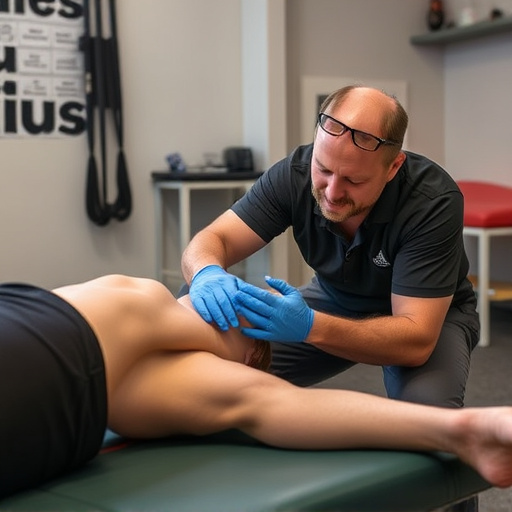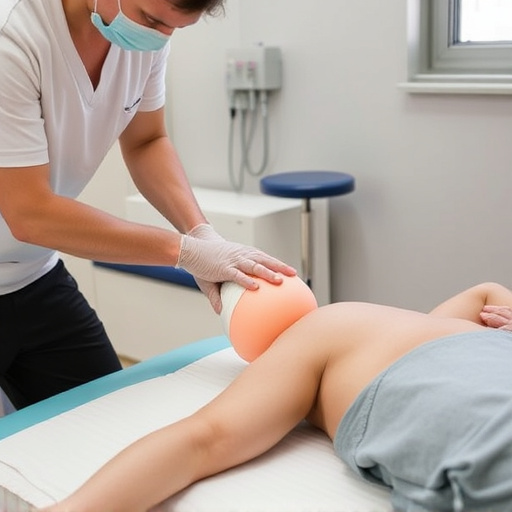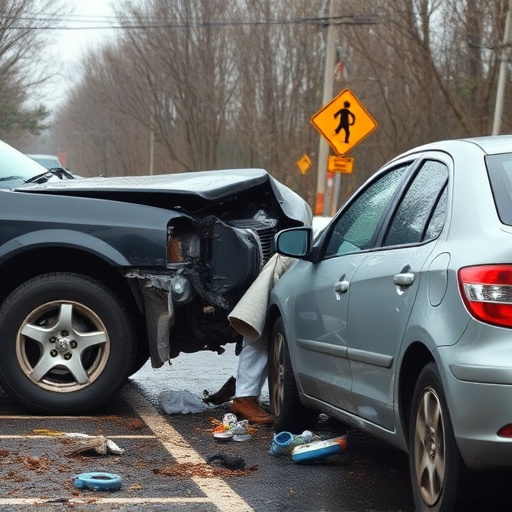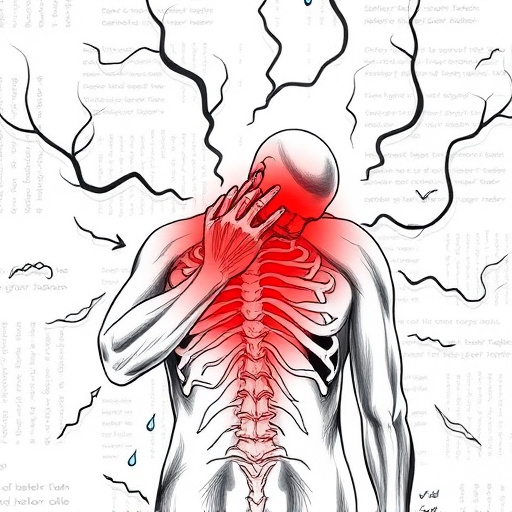After a car crash, recognizing critical signs requiring immediate medical attention is crucial for proper motor vehicle accident care. Symptoms like severe neck, back, or head pain with numbness in extremities, difficulty breathing, chest pain, extreme dizziness, nausea, vomiting, blurred vision, balance issues, and sciatica relief are red flags prompting urgent assessment. Personalized treatment plans ensure tailored recovery based on individual needs, facilitating smoother healing. Immediate and comprehensive medical attention is vital for victims' well-being, addressing diverse injuries from whiplash to severe spinal or internal damage often missed in initial assessments. Motor vehicle accident care specialists provide expert pain management, especially back pain, through methods like spinal adjustments and functional rehabilitation, expediting recovery and minimizing lasting complications.
In the aftermath of a motor vehicle accident, recognizing critical signs and knowing when to seek immediate medical attention can be life-saving. This article guides you through essential symptoms and steps to ensure proper motor vehicle accident care. Learn to identify emergency indicators that warrant swift action, understand the importance of prompt medical assessment, and discover best practices for recovering from a car crash effectively.
- Recognizing Critical Signs After a Motor Vehicle Accident
- When to Seek Immediate Medical Attention
- Ensuring Appropriate Care Following a Car Crash
Recognizing Critical Signs After a Motor Vehicle Accident
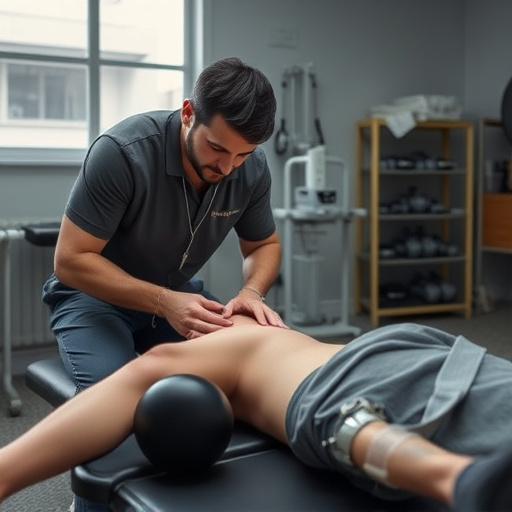
After a motor vehicle accident, it’s crucial to recognize critical signs that indicate the need for immediate medical attention and motor vehicle accident care. Some symptoms may seem minor at first, but they can quickly escalate if left untreated. For instance, severe pain in the neck, back, or head, especially with numbness or tingling in extremities, requires urgent assessment. Difficulty breathing, chest pain, or extreme dizziness are also red flags that demand immediate medical intervention.
Additionally, those who experience persistent nausea, vomiting, blurred vision, or balance issues should seek motor vehicle accident care promptly. Sciatica relief is a common concern among accident victims, as sudden jolts can cause nerve compression in the lower back. Personalized treatment plans tailored to individual needs are essential for auto accident recovery. Prompt medical attention ensures proper diagnosis and management of these symptoms, facilitating a smoother path to healing and recovery.
When to Seek Immediate Medical Attention
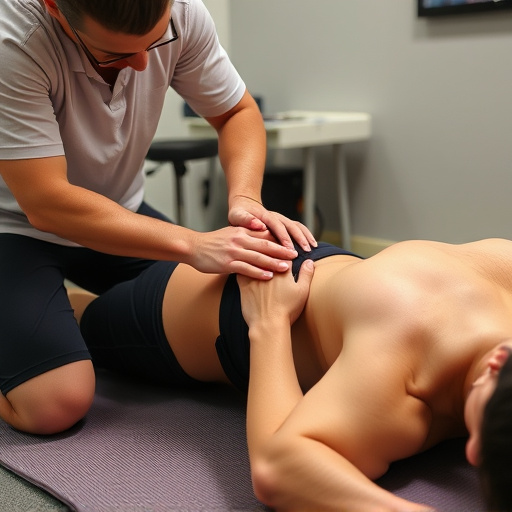
In the aftermath of a motor vehicle accident, it’s crucial to know when immediate medical attention is required. If you or anyone involved in the incident experiences severe pain, especially in the neck, back, or head, seeking prompt care is paramount. Neck pain relief and spinal adjustments can be vital components of auto accident recovery, but they should not delay urgent treatment for more critical injuries.
Disorientation, loss of consciousness, difficulty breathing, or persistent bleeding are signs that necessitate immediate attention. Moreover, if there’s any suspicion of a head injury, fracture, or internal bleeding, it’s essential to reach out to healthcare professionals promptly. Auto accident recovery starts with addressing these urgent needs to prevent further complications and ensure the best possible outcomes for all parties involved.
Ensuring Appropriate Care Following a Car Crash
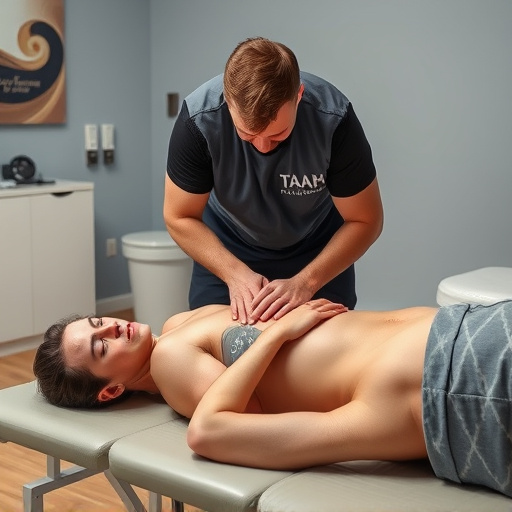
After a car crash, it’s paramount to ensure that all immediate and necessary medical care is administered promptly. This includes seeking professional assistance from healthcare providers specializing in motor vehicle accident care. Such experts can recognize symptoms that might not be immediately apparent but could indicate severe underlying issues. They understand the complexities of trauma associated with vehicle accidents and are equipped to handle a range of potential injuries, from whiplash to more critical spinal or internal damage.
Proper management of pain, especially back pain, is crucial following a crash. This might involve spinal adjustments and functional rehabilitation techniques tailored to alleviate discomfort and facilitate healing. These approaches can help in faster recovery, ensuring individuals return to their regular routines with reduced risk of lasting complications from the accident.
After a motor vehicle accident, recognizing critical signs and knowing when to seek immediate medical attention is crucial for ensuring proper motor vehicle accident care. If you or anyone involved experiences severe pain, especially in the neck or back, loss of sensation or movement in extremities, difficulty breathing, or shows signs of a head injury, prompt medical intervention is essential. These symptoms may indicate more serious conditions that require urgent treatment to prevent long-term complications. Remember, prioritizing motor vehicle accident care can make a significant difference in recovery outcomes.









